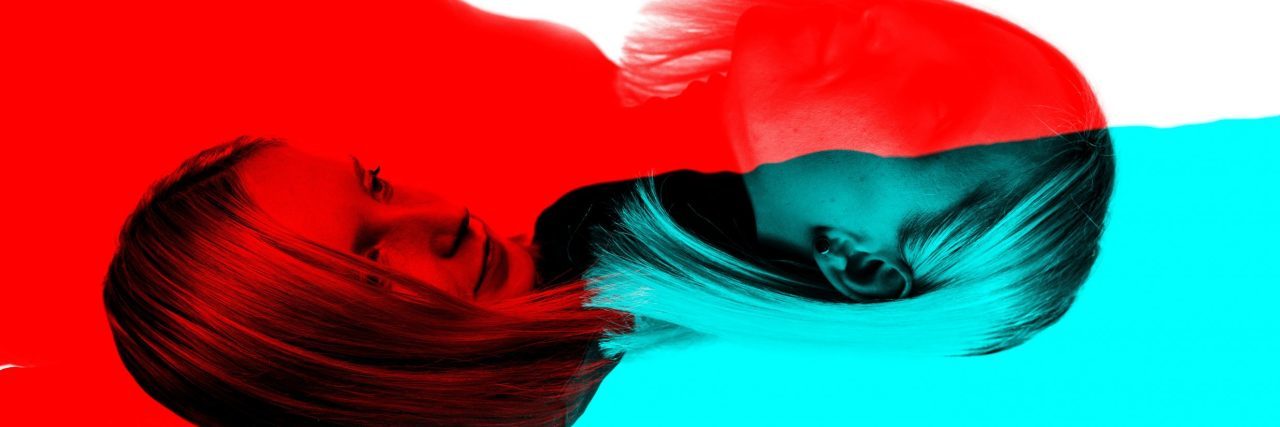Sometimes, finding a balance between being both a professional and consumer of mental health services can be challenging. In one role, I am supposed to be the one who educates, inspires and informs others who are struggling. In the other role, I am the one who needs to be educated, inspired and informed. I am both the teacher and the student.
Sometimes, these two opposite roles conflict, and it can be challenging. I feel off some days — not completely depressed or overwhelmingly anxious, but just a little off. I still have to go to work; I still have to get up, get dressed, go out there and run a two-hour group session that is both inspiring and informative, while also keeping people’s attention for 120 minutes. Then I have to be emotionally available. I need to be compassionate and understanding, and listen, sometimes for hours, when someone just needs a nonjudgmental person to talk to for once. I have to be that person. Most days, I have no problem being this person. On the days I’m feeling just a little off, all of these things feel impossible to accomplish, and by the end of the day, I am completely exhausted.
But something different happens when I go beyond having just an “off day.” I’m talking about when I am on a week-long depressive episode. Where every day, it has taken every ounce of strength I have just to get out of bed, brush my hair and teeth, get dressed and muddle through my day. The days when I am simply going through the motions of life, without being fully present. I go to school, listen to lectures, talk to family and friends, all while feeling like I am underwater the entire time. Then I come home, collapse into bed, and stay there, unable to move or eat or do anything productive, until I fall into a restless night of sleep. Morning comes, and I get up and shuffle through the motions all over again.
And then, in the middle of one of these depressive episodes, will be a day I have to go to work. The day starts out like the others, with the struggle to get out of bed, etc. But once I put on my uniform, I look at myself in the mirror and I feel different about it. I am still depressed. I am still struggling. I am still not OK right now. But I am going to try a little bit harder today. Why? Because the people I’m working with are also struggling.
When I am struggling with my mental health, I feel so alone in my battle. Then I go to work, and I’m reminded that I’m not alone. There are millions of beautiful, smart, funny, talented, unique people all over the world struggling right now. We are not alone. We are on the same team, fighting together, encouraging and supporting each other. I always tell people, “Keep pushing, this is only temporary, you will get through this, you are stronger than this, you are not alone.” As a mental health consumer and professional, I wouldn’t be a very good team player if I didn’t keep up the fight too. So I work harder to be more compassionate and supportive during these low points because I can relate to how they are feeling. I too have fought those silent battles inside my head. I have to keep going, for them, so that they can see, and maybe they will keep going too.
When I am at my lowest points struggling with depression, sometimes I do my best work as a mental health professional. Being on the same level as your clients is both grounding and humbling, and it makes me a better professional and person every day. So I promise this now: if you promise to keep up your fight, I will keep up mine. Because when we fight this battle together, beautiful things are capable of happening. If we stand together and support each other through this, we can all achieve recovery.
Photo by Jurica Koletić on Unsplash

